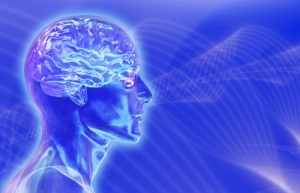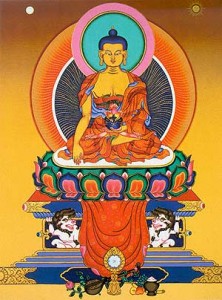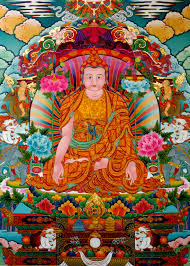By the time you have grown and begun to find your path, you have already lost yourself somewhere. You don’t understand yourself any more. You have already done things for which you do not forgive yourself. You have already substituted something else for the longing that you felt. You have already substituted something else for your Teacher. In having done that, it is difficult to find your way home. It is difficult to reach what was originally very pure in your mind. It is difficult to rebirth what was very pure and tender inside of you.
And now, you can’t just say, “Oh, I found it at last. The longing is finished. I found what I’m looking for. I found my path, but in the meantime, I’ve been promiscuous and I don’t forgive myself or I’ve become tough, or numb or I’ve become materialistic.”
What happens is that because you see what’s in front of you, it’s so precious and it’s just what you’ve been waiting for, instead of being able to just grab it and eat it, what we do, then, is try to deal instead with the numbness or the hardness or the promiscuity or the materialism. Because we have become used to this feeling of longing, the longing remains, and we are not able to truly be one with the path and with a Teacher.
We’ve forgotten how to satisfy ourselves. We’ve forgotten how to do anything except blame ourselves and be angry. We make lots of mistakes, compulsively make mistakes. We do not follow the path purely and with a full heart. You have to ask yourself: Is the person who says I’ve got to get my Three Roots practice done today, is that the same person, who, as a child, was waiting for something, was just hungry for something? It’s not the same person. We feel differently now than we did back then and we don’t know how to get back to that original place of purity. We feel something is amiss when we think we’ve found our path because we feel anger, guilt and we feel dirty. We feel different, impure. Then we try to approach the Teacher and the teaching and the path itself in an impure way, because we believe that we are somehow impure.
Having longed for the taste of our own nature for such a long time, now when we look at the Teacher and the teaching, we see it as something altogether different. We see the Teacher as a human being, and we try to get close to a human being. Why do we do that? We do that because we spent our whole lives trying to fit that longing into an acceptable picture, and now we’re trying to do the same thing.
We are afraid to long. We are afraid to experience the depth of that longing and instead, we try to get close to the person. We are afraid to experience the bliss of the union between the meditator, the meditating mind and the nature that is meditated on. The bliss of that union is so strong and we are afraid to experience it. So instead, we long for some kind of union with the person who is our Teacher at this time. It is even common to feel a strong sexual urging for our Teacher. It doesn’t matter if the Teacher is the same sex. Students can have dreams and they will have strong sexual urgings for the Teacher. If you think of the Teacher as a mother or father figure, or an authority figure, or a therapist that you come to with your ordinary stuff, there will never be satisfaction, because that isn’t the truth. That is not the nature of the Teacher. That longing has once again been diverted into a way that you understand. It becomes a perpetuation of the suffering that you had as a child where the longing was not understood, where it was diverted and where it could not be satisfied.
So, the feeling of longing is mistaken. The longing is for union, not for sexual behavior. It is misunderstood. And what generally happens is a feeling of rejection, because the Teacher does not comply with our wishes. There is a feeling of guilt. There is a feeling of wondering what’s wrong with you. There’s a feeling of a lack of acceptance of yourself. There’s a feeling of a lack of confidence, a feeling that you are somehow impure in your motivation. The longing sometimes becomes so strong that one is unable to practice.
You want the Teacher to hold you and love you, or you want the Teacher to be with you as a friend. You are unable to practice because you are so busy watching how your Teacher acts towards you. Does he or she smile at me? Does he or she hold my hand when I’m lonely? Does he or she notice when I’m ailing? Does he or she come after me when I’ve strayed? You’re so busy noticing that that you do not practice. The practice is the caring for you. The practicing is the coming after you when you have strayed. The practice is the taking you home into that acceptance and awakening to that nature. The teachings that you receive are the relationship with the Teacher. They are the fruits the Teacher brings to you. If you are longing for union with the Teacher, when the Teacher teaches you from his or her mind, and offers you the essence of what they know, that is the union, far more so than any physical friendship could ever be. There is nothing more intimate than that.
Yet, we continue to not understand. We continue to divert the longing, not accept ourselves and blame ourselves. We continue to create a bad relationship with our Teacher. If we understood what was happening, we would run to the teacher, run to the path, run to the experience of being on the path and of practicing in order to achieve enlightenment with open arms and with an open heart. But instead, we are doing these other things that do not accomplish the awakening that we wish.
An excerpt from a teaching by Jetsunma Ahkon Lhamo called “Longing for the Guru”
Copyright © Jetsunma Ahkon Lhamo. All rights reserved









